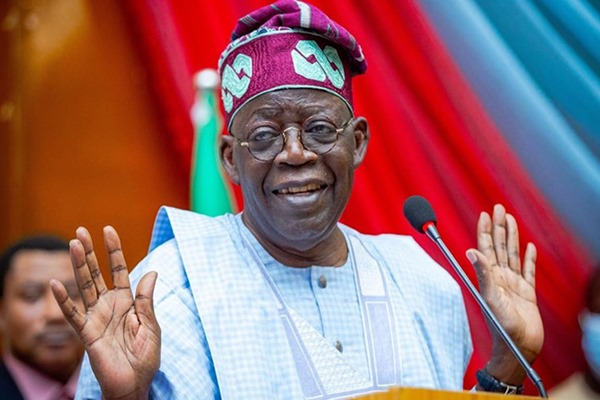
The recent move by the Federal Government to regulate social media has sparked significant controversy, with many netizens vowing to resist any attempt to curb freedom of speech.
Recalling that on October 3, the National Broadcasting Commission (NBC) submitted a bill to the National Assembly, seeking to repeal and reenact the NBC Act, CAP L11 laws of the federation of Nigeria, 2004. If passed into law, this bill would grant the NBC the authority to regulate social media.
During a meeting at the commission’s headquarters after submitting the bill, Balarabe Ilelah, NBC Director-General, characterized the problems associated with social media as a “monster.” He emphasized the need for a legal framework allowing the NBC to address social media issues, considering it a pervasive challenge in the country.
Following this, the NBC announced its engagement with major social media platforms to address user misconduct. However, this move has ignited controversy among Nigerians who allege that the Federal Government is pressuring these platforms to unduly restrict fundamental human rights, particularly freedom of expression and privacy.
In response to the NBC’s actions, the Socio-Economic Rights and Accountability Project (SERAP) called on the Senate President, Godswill Akpabio, and the Speaker of the House of Representatives, Tajudeen Abbas, to outrightly reject the bill. SERAP contends that this proposed legislation, if enacted, could criminalize the legitimate exercise of human rights in Nigeria, creating a potential “digital siege.” They argue that it is inconsistent with the Nigerian Constitution and international human rights obligations.
It’s worth noting that this is not the first time that the Nigerian government has attempted to regulate social media. In the past, the government, led by former President Muhammadu Buhari, sought to control social media, especially in response to allegations of fake news and other user activities. These attempts faced strong resistance from the public.
ALSO SEE: FG’s N25,000 Grant For Vulnerable Pensioners Divides Stakeholders
One significant event was the suspension of Twitter’s operation on June 4, 2021, on the grounds of supporting insurrection during the EndSARS protests in 2020. Twitter was eventually restored after about seven months.
Many critics of the current move to regulate social media argue that it aims to stifle criticism and control the narrative. They point out that the same social media platforms were used by the current administration for political campaigning, raising questions about the government’s motivations.
While some individuals support the idea of regulating social media to address the spread of inappropriate content, especially on platforms like TikTok, there’s a broader concern about the government’s attempt to curtail criticism and freedom of speech. Constructive criticism, they argue, is vital for a functioning democracy, and any efforts to suppress it are seen as a threat to the democratic process.
Osita Okechukwu, the immediate past Director-General of Voice of Nigeria (VON) and a founding member of the ruling All Progressives Congress (APC), expressed optimism that the bill would be rejected. He emphasized that democracy cannot exist without freedom of speech and encouraged a more balanced approach that respects the rights of individuals while addressing misuse of social media.
